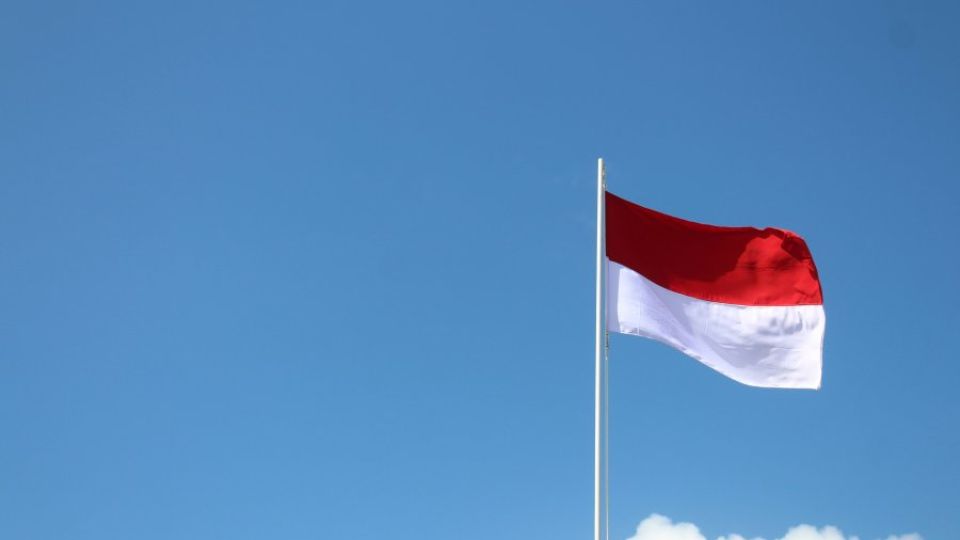March 26, 2024
JAKARTA – Aproposal to have President Joko “Jokowi” Widodo lead the coalition backing president-elect Prabowo Subianto has failed to gain traction among the political parties involved, posing a challenge to the outgoing leader’s efforts to maintain his political influence after he leaves office later this year.
While Jokowi’s decade-long presidency will end in October, some of his supporters have suggested that he should continue his political life as a power broker to maintain stability in relations among political elites for the incoming administration.
An early proponent of the idea was Jeffrie Geovanie of the Indonesian Solidarity Party (PSI), who suggested that the political parties in Prabowo’s camp should establish a permanent coalition emulating Malaysia’s Barisan Nasional and that Jokowi should lead it.
The PSI is a self-styled youth party chaired by Jokowi’s youngest son Kaesang Pangarep that has expressed strong loyalty to the outgoing President. The party failed to meet the threshold of votes required to win seats in the House of Representatives in the February election.
Jeffrie suggested that Jokowi would be a “just leader” for the proposed coalition, considering his reputation as a “solidarity maker” in his own government coalition during his presidency.
“If the coalition becomes effective, Prabowo will [be able to focus on] being a president because he doesn’t need to think about political stability anymore,” Jeffrie said in a podcast interview published on the YouTube channel of former politician Zulfan Lindan.
Resistance
But parties in Prabowo’s electoral alliance appear uninterested in the idea of Jokowi playing such a central role after his presidency and say the model would be at odds with the country’s presidential system.
“The Malaysian model cannot be applied in Indonesia, let alone if the autonomy of parties is placed in the hands of a single entity, because each party has its own rules and prerogatives,” Syarifuddin Hasan of the Democratic Party’s high council told The Jakarta Post.
Syarifuddin said the Democrats had proposed, as an alternative, the revival of a joint secretariat model that had prevailed under Susilo Bambang Yudhoyono’s presidency. The body would serve as a communication forum for the members of the ruling coalition.
If such a secretariat was formed under the Prabowo administration, Syarifuddin said, “Its leader should be the president-elect.”
The Golkar Party, the largest party in Prabowo’s camp, has also expressed reservations about the idea of Jokowi taking a leading role in a pro-Prabowo coalition.
“In what time frame will Jokowi lead [such a coalition]? From now until October […] our political leader is still Jokowi, [but] that will change,” Golkar vice chairman Ahmad Doli Kurnia told Kompas TV on March 14.
“We already have a president-elect [Prabowo]. After his inauguration, the president will be the head of government and the head of state in our presidential system. This means he is also the political leader,” Doli said.
Members of the Prabowo-Gibran Rakabuming Raka campaign team previously said Jokowi would play an “influential role” in shaping the next administration’s cabinet and policies but insisted that Prabowo would have the final say.
They also said that informal discussions involving party leaders had been held to explore what position Jokowi could take in the incoming government.
Post-presidency role
Analysts say the permanent coalition proposal and the idea of having Jokowi lead it run counter to the country’s presidential system and would be unlikely to materialize anyway because of the relative independence of the country’s political parties.
“We don’t have a parliamentary system, in which Jokowi could be acting like a king and Prabowo like a prime minister,” analyst Agung Baskoro said.
Agung predicted that Jokowi would likely only be given an “advisory role” in Prabowo’s cabinet, such as chairing the Presidential Advisory Council (Wantimpres), which he said was widely regarded as powerless as its function was limited to offering nonbinding proposals to the government.
Analyst Arif Susanto said that whether Jokowi could maintain his influence in national politics after leaving office would hinge on his ability to find a new political vehicle, given his deeply strained relationship with his nominal party, the Indonesian Democratic Party of Struggle (PDI-P).
“Jokowi needs a big party not only to ensure his future political existence but also his son’s,” Arif added. “Otherwise, Gibran, regardless of his position as a VP, will be isolated from national politics.”
A number of Golkar members have expressed support for the idea of Jokowi joining the party, which has the second-most seats in the legislature behind the PDI-P.


